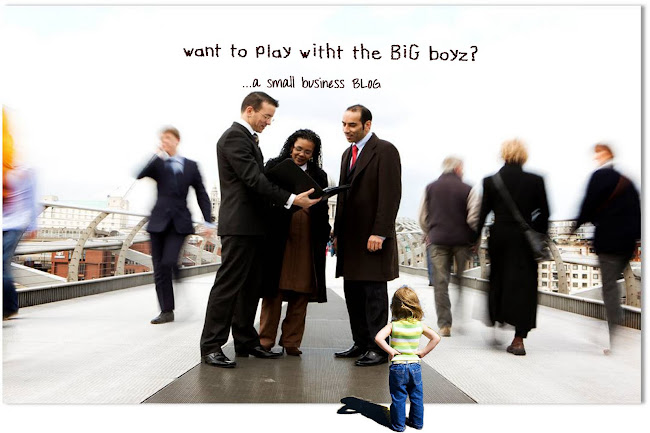The Challenges of The Business Life:
As a business professional, whether you are an intrepreneur or an entrepreneur, if your responsibility includes driving revenue for the organization, with imposed deadlines you are under a tremendous amount of stress.
Experiencing the emotional highs and lows of everyday business is life draining. Your failures bring about feelings of deprivation and self-condemnation. Your wins bring the stress of your new obligations of client fulfillment, and god forbid if you should loose one of your largest clients, and don't forget about any investors you have to answer to. It is important in such occasions to monitor your response to the stresses of the day, because the most important thing in your life is your health, once you loose it nothing else will matter.
We live in a time when American’s are under an unprecedented amount of stress. In survey after survey, with the amount of stress we, as Americans, are under it has been reported that stress is our number one health concern. More than 50% of adults in the U.S. report high stress on a daily basis. When we fail to respond constructively to stress it affects our health, business, and leadership performance.
Studies indicate that it is not stress that cause negative effects in our health, leading up to lifestyle diseases or psycho-physiologic illness, but how we respond to stress. If the chronic effects of stress are acquired by our emotional response to stress, than we can eliminate the lasting effects of stress by changing our behavior. Steps can be taken in the direction of healthful living through the study and application of principles related to emotional intelligence (EI).
In this small series (which I will post through out the next couple of days) I will take you through a few areas to get you started:
- Psycho-physiologic relationship
- Self-awareness; managing emotions through mindfulness
- Social competence
- Self motivation
It is important that we consider this series more than an exercise of intellect, but that we understand the relevancy and practical implications set forth. Growing in our understanding of Positive Psychology and Emotional Intelligence depends on our motivation. Any modifications in behavior must first begin in the mind.
Psychological Principle
The locus of Control is a psychological principle discovered by Julian B. Rotter in 1954. Locus of control refers to the degree in which a person feels in control of his life versus a product of circumstances or forces beyond his control. Those who have a high locus of control are more self-motivated and happy. The more in control someone feels the higher his self-esteem and the stronger the motivations and mental health. The individuals who have this sense of self-worth derived from their feelings of control will be motivated to strengthen their health. The ability to be motivated rests on our ability to manipulate or to control our own emotions.
Self-Motivation and The Mind
The subconscious mind control our levels of motivation. Our mind will drive us toward what we focus on, i.e. verbal affirmations, visual affirmations, or emotional affirmations. It is how you think about your lifestyle change that will make all the differences in your well-being.
Your Environment
With any new habits your focus becomes intensified as you consider your environment. If I were dead serious on changing my eating habits would I bring unhealthy foods into my home? (Probably not) how do you suppose I could set up my environment to reflect and reinforce the behavioral change? I would find tons of books, audio and video programs, I would perhaps place visuals in my home of things that would inspire healthful living. In other words I would feed my mind things that would empower me to continue with the change. I would also make provision, If I loved late night snacks, I would make sure that I had plenty of healthy late night snacks.
What do you have to change in your environment?
What provisions do you need to make?
Perspective
You can think of the principles presented in this series as one, two or three things you need to do in order to help with stress management; which you will feel less and less inclined to do within time. You can also think of making a life time study of EI and Positive Psychology, focusing on new behaviors as your studying reveals them. If you focus on a long-term strategy for managing stress it will cause you to think differently about those habits.
Having your FREE evaluation with a business coach is a $500 value.



No comments:
Post a Comment